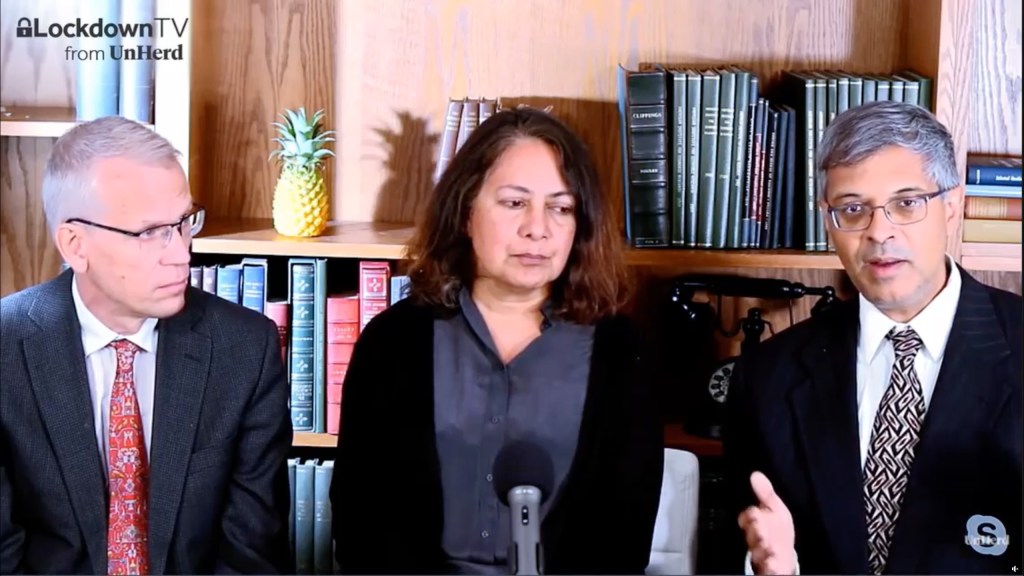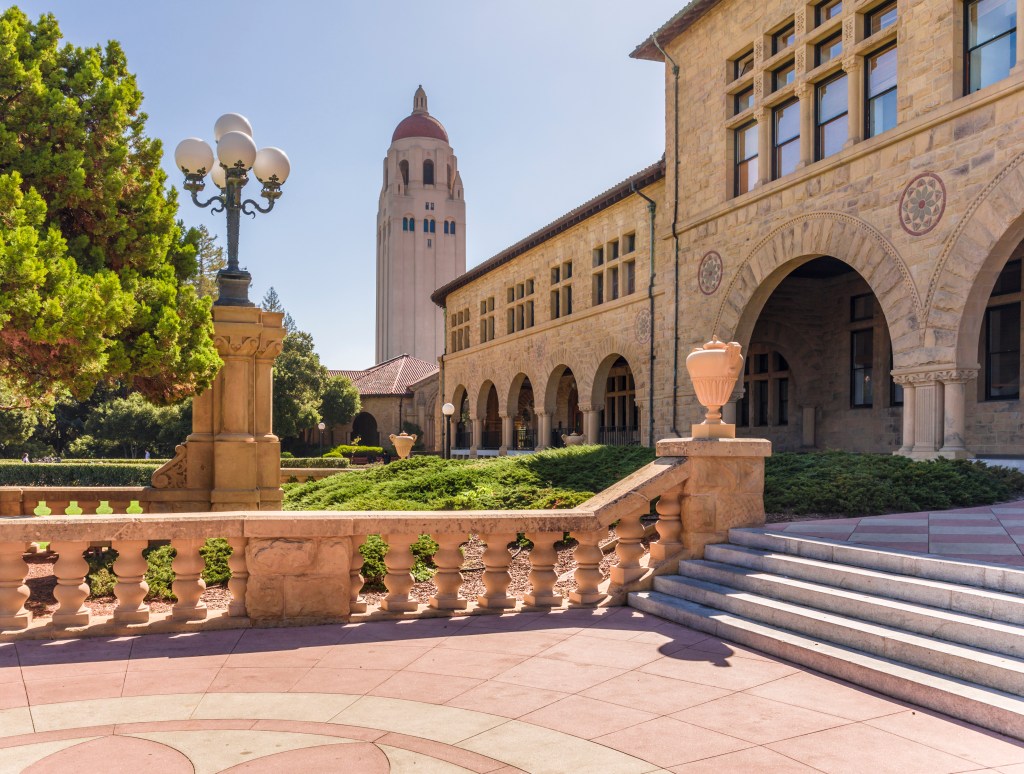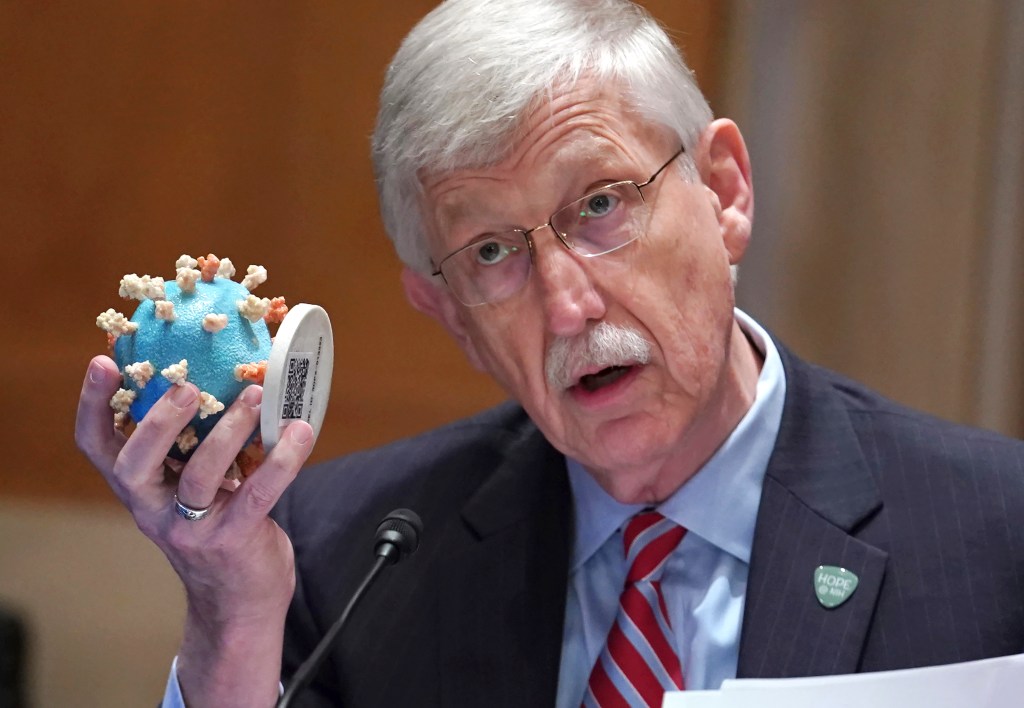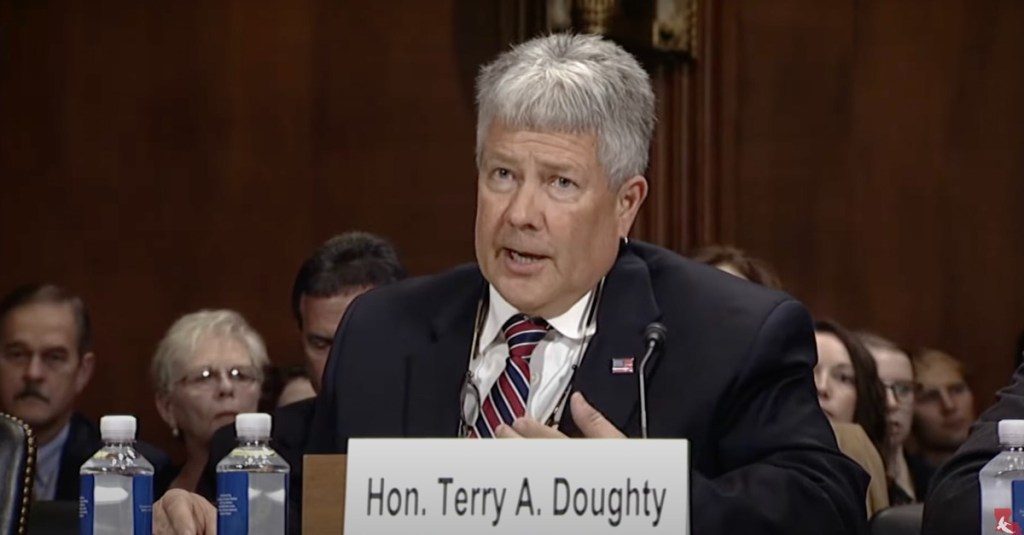How Dr. Jay Bhattacharya beat Biden administration censorship
A federal court of appeals ruled earlier this month that the White House, surgeon general, CDC and FBI “likely violated the First Amendment” by exerting a pressure campaign on social media companies to censor Covid-19 skeptics — including Stanford epidemiologist Dr. Jay Bhattacharya.
“I think this ruling is akin to the second Enlightenment,” Bhattacharya told The Post. “It’s a ruling that says there’s a democracy of ideas. The issue is not whether the ideas are wrong or right. The question is who gets to control what ideas are expressed in the public square?”
The court ordered that the Biden administration and other federal agencies “shall take no actions, formal or informal, directly or indirectly” to coerce social media companies “to remove, delete, suppress or reduce” free speech.
Bhattacharya, a professor of medicine, economics, and health research policy at Stanford University, co-authored the Great Barrington Declaration in the fall of 2020 with professors from Harvard and Oxford.
The epidemiologists advocated for “focused protection” — safeguarding the most vulnerable Americans while cautiously allowing others to function as normally as possible — rather than broad pandemic lockdowns.
“We were just acting as scientists, but almost immediately we were censored,” said Bhattacharya, who is the director of Stanford’s Center for Demography and Economics of Health and Aging. “Google de-boosted us. Our Facebook page was removed. It was just a crazy time.

“The kinds of things that the federal government was telling social media companies to censor included us — along with millions of other posts from countless other people who were criticizing government Covid policy,” he added.
A New Orleans-based three-judge panel found that the federal government “likely coerced or significantly encouraged social-media platforms to moderate content” by vaguely threatening adverse regulatory consequences if social media companies did not suppress certain viewpoints on the pandemic.

“The government had a vast censorship enterprise,” Bhattacharya said. “It was systematically used to threaten and coerce and jawbone and tell all these social media companies, ‘You better listen to us: censor these people, censor these ideas, or else.’”
It was later revealed that then-NIH director Dr. Francis Collins called for a “swift and devastating takedown” of Bhattacharya and his co-authors — who Collins he dubbed “fringe epidemiologists” — in an email to Dr. Anthony Fauci.
Subsequent reporting from Elon Musk’s so-called Twitter Files — internal documents and communications released by Musk, after he bought the platform, to expose Twitter’s inner workings — revealed Bhattachrya’s profile was being suppressed on the platform.

“It’s akin to the efforts by governments to suppress the printing press when it first was invented, when books represented an enormous threat to power,” Bhattacharya said, referring to efforts by Henry VIII and the Catholic Church to curb usage of the printing press in the 16th century.
“There’s an analogous fight that’s currently going on with social media, which makes it vastly easier for anybody to express their ideas, and very powerful people find that incredibly threatening.”
The September 8 ruling affirmed but narrowed a lower court order, issued on July 4th by US District Court Judge Terry Doughty, which found that the Biden Administration and other federal agencies “engaged in a years-long pressure campaign [on social media outlets] designed to ensure that the censorship aligned with the government’s preferred viewpoints” and that “the platforms, in capitulation to state-sponsored pressure, changed their moderation policies.”
Bhattacharya says the first victory, although in a lower court, was the most exciting to him.

“I was just absolutely thrilled, especially to have it on July 4th,” he said. “I think that judge was sending a message by issuing this ruling on July 4th that we’re going to restore free speech in this country.”
The Biden administration appealed to the Supreme Court on Thursday — a move Bhattacharya anticipated. But he believes it’s “unlikely” the Supreme Court will overturn the fifth circuit’s decision.
He feels his is a landmark case in curbing the influence the government has over social media — on matters that extend far beyond just Covid-19 and lockdowns.
“This new technology has created enormous opportunities for people to participate in debate in the public square,” Bhattacharya said. “And I hope that this is the beginning of a legal infrastructure that enables that to happen — rather than the opposite, which is a dark age where the government gets to decide what’s true and what’s allowed to be said.”
Read the full article Here


